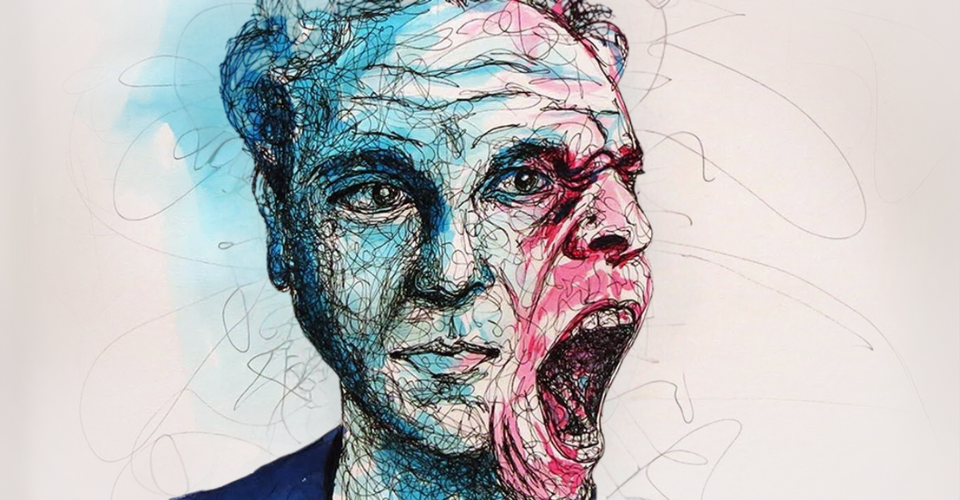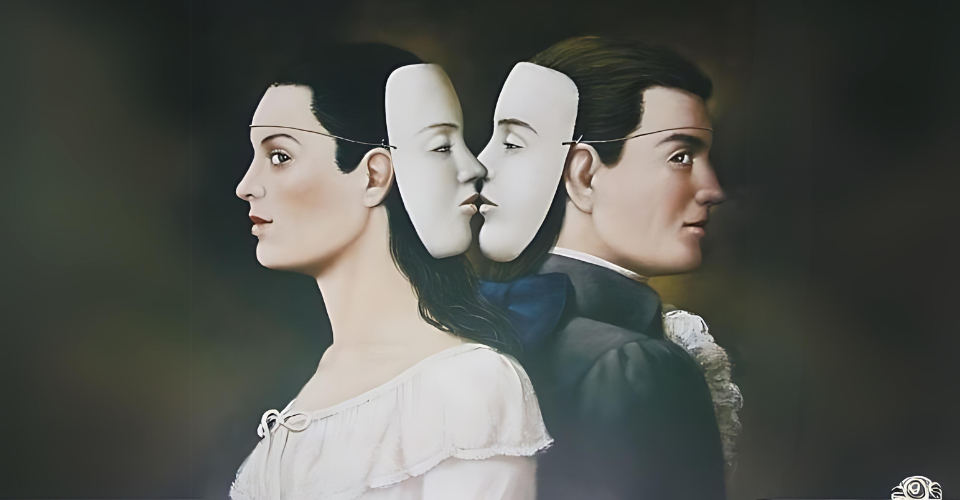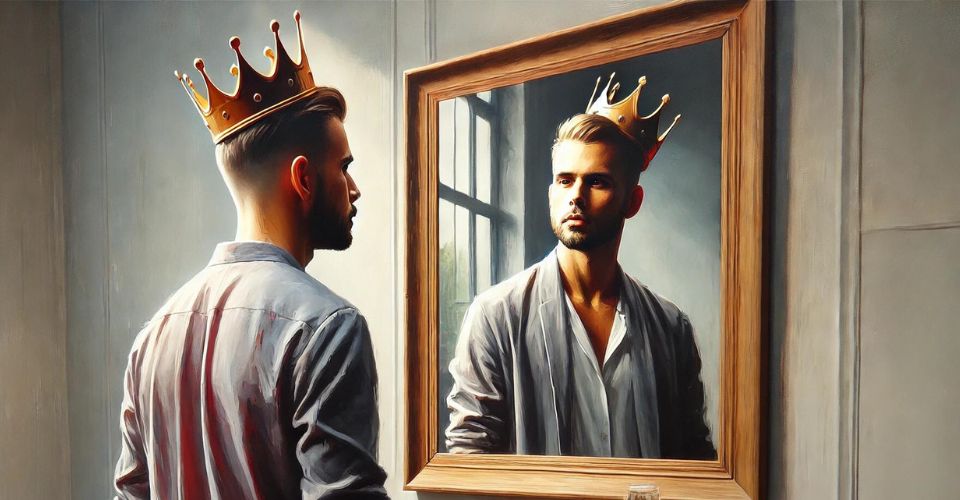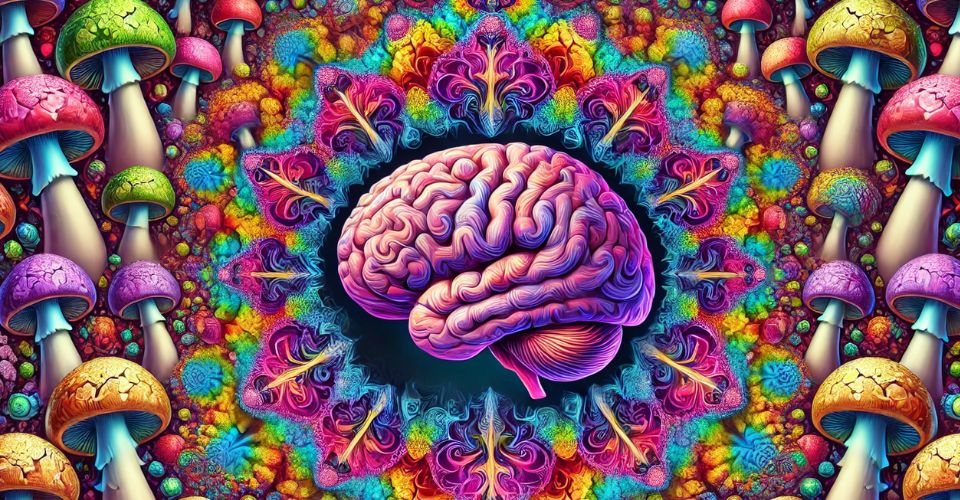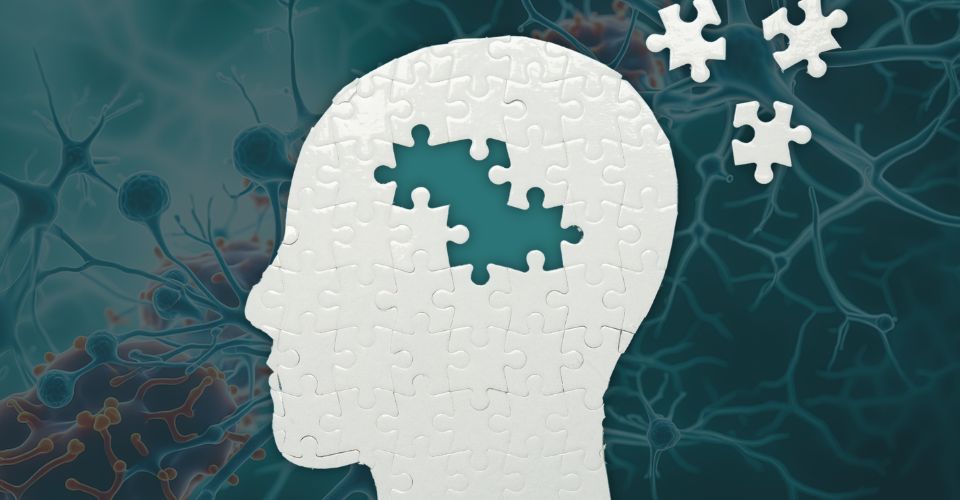Psychology News
A new theory of economic decision-making formulated by Dr. Mina Mahmoudi at Rensselaer Polytechnic Institute revealed why humans don’t make optimal choices in everyday life. The article has been published in the Review of Behavioral Economics.
Basis Of The Theory
The theory inferred that humans find it difficult to make decisions when they cannot compare magnitudes of two different things. Therefore, a ratio-difference theory is developed which allows us to consider both ratio and difference comparisons during decision-making.
The Theory
This procedural theory of relative thinking and decision-making reinforces the claim that by giving weight to ratio comparisons and difference comparisons, we are provided with standard choice conclusions and several decision anomalies.
Dr. Mahmoudi is enthusiastic that this “ratio-difference” theory of decision-making can help people avoid unreasonable and “simply adequate” decisions that they make because they apply ratio thinking. Instead, they can use differences to solve problems with optimal decision-making.
The Theory In Practice
This “ratio-difference” theory of decision-making can help maximize economic behaviors and economic institutions. Dr. Mahmoudi elaborated: “Understanding how the cognitive and motivational characteristics of human beings and the operating procedures of organizations influence the working of economic systems is of critical importance.”
It was also thought that the economic theory could be applied to a variety of behavioral economic experiments, especially in the gambling industry and financial markets.
To Know More You May Refer To
Mahmoudi, M., Pingle, M., & Wuthisatian, R. (2022). A ratio-difference theory of choice: An article written to honor Richard Hollis day. Review of Behavioral Economics, 9(2), 155-171. https://doi.org/10.1561/105.00000151





